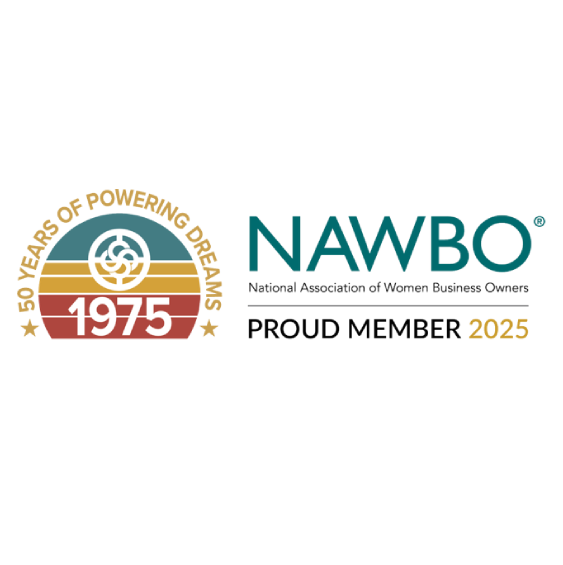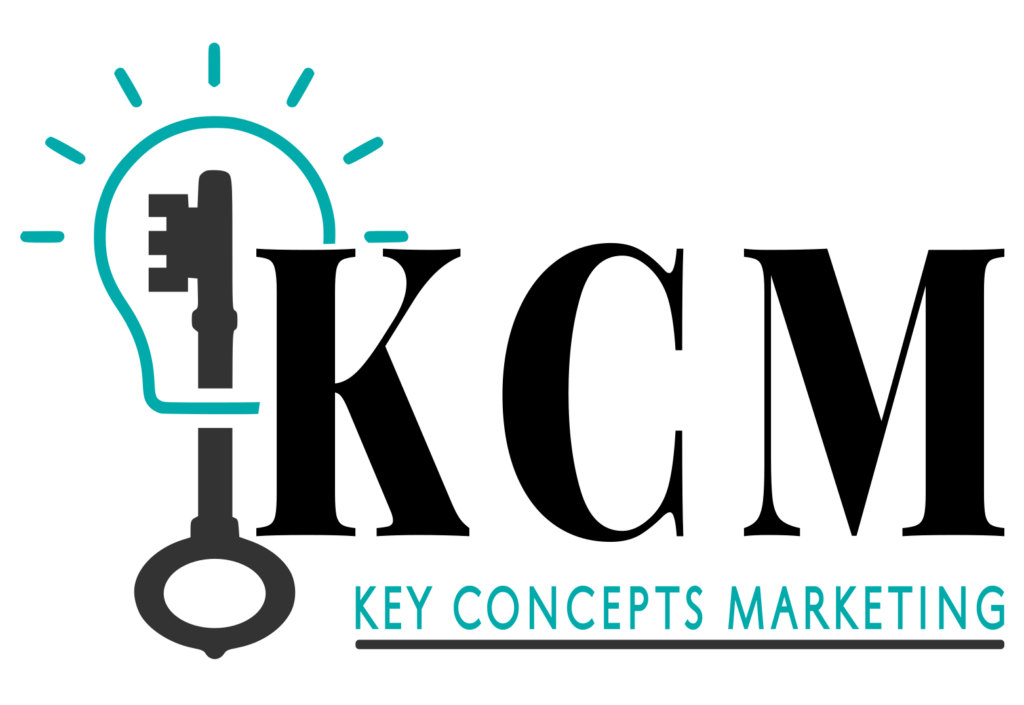
AI Search Is Here (And Yes, It Can Affect Your Search Rankings)
If you’ve ever found yourself posting just because you “had time,” or scrambling to launch a campaign without a clear goal in mind – you’re not alone. But in 2026, businesses that plan with purpose will outperform those who rely on luck or last-minute tactics.










13 Responses